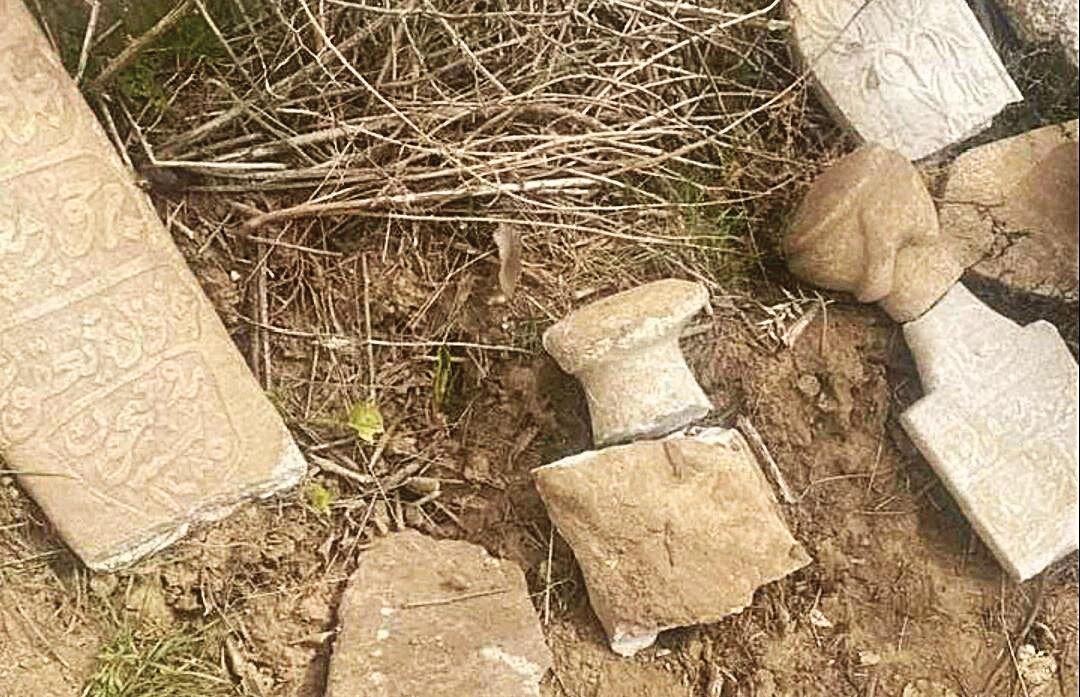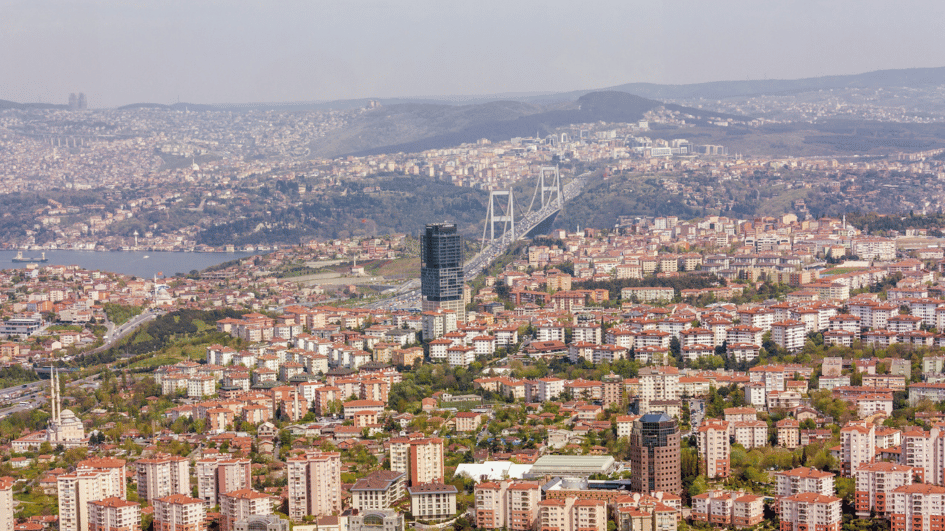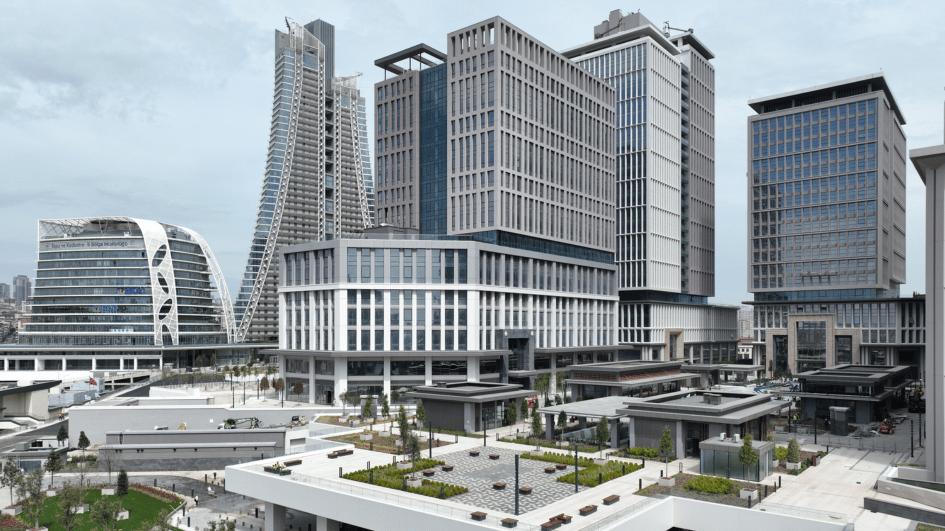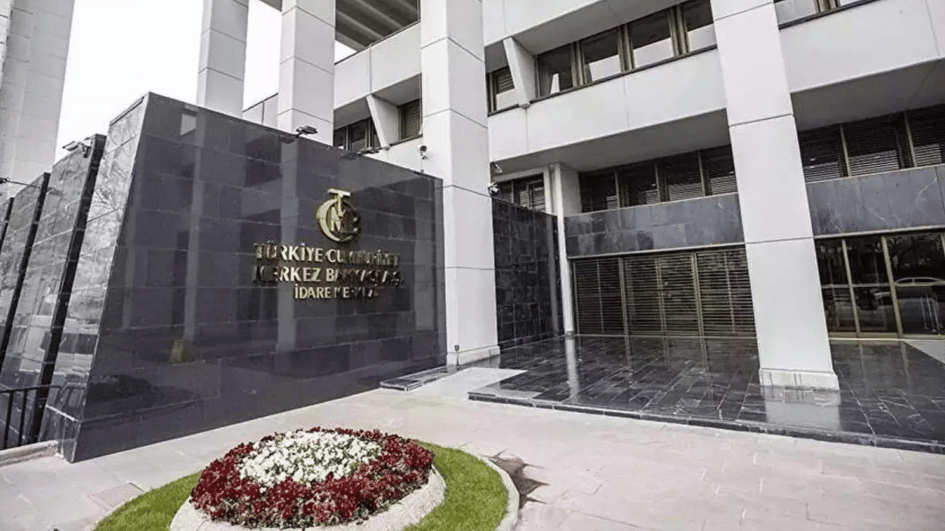Demolition of late Ottoman-era cemetery in Greece draws criticism
ISTANBUL

The demolition of an Ottoman-era Muslim cemetery in Greece’s Western Thrace province of İskeçe’s (Xanthi) Bulustra (Abdera) town has drawn criticism from both Turkish and Greek officials.
Hüseyin Zeybek, an ethnic-Turkish lawmaker from Greece’s radical-left SYRIZA party, brought the issue of destruction of the site located in Bulustra’s Horozlu (Petinos) village with construction vehicles on the pretext of constructing a social facility to the agenda of the Greek Parliament.
Zeybek submitted a parliamentary question with the request of the ministers of Interior, Education and Religious Affairs to respond.
“This unprecedented disrespect to our history and cultural heritage has drawn a great reaction from our kin, both Muslim and Christian, in the region,” it said in the parliamentary question.
Noting that the history of the tombstones dates back to the 18th century, Zeybek also stated that the land is a property belonging to a foundation as a cemetery, and only the foundation committee is responsible for its management, criticizing the mayor of Bulustra for his actions.
Turkey’s authorities on March 18 condemned the demolition of the cemetery and called on the Greek authorities to restore the cemetery as soon as possible.
“Necessary steps have been taken before Greece regarding the inhuman act, which is understood to have been carried out by the order of the mayor of Bulustra,” it said in a statement released by the Foreign Ministry.
The statement said Greek authorities were expected to complete the investigation they started by showing the necessary sensitivity and restoring the cemetery as soon as possible.
Greece’s Western Thrace region is home to a Muslim Turkish community with a population of nearly 150,000.
















